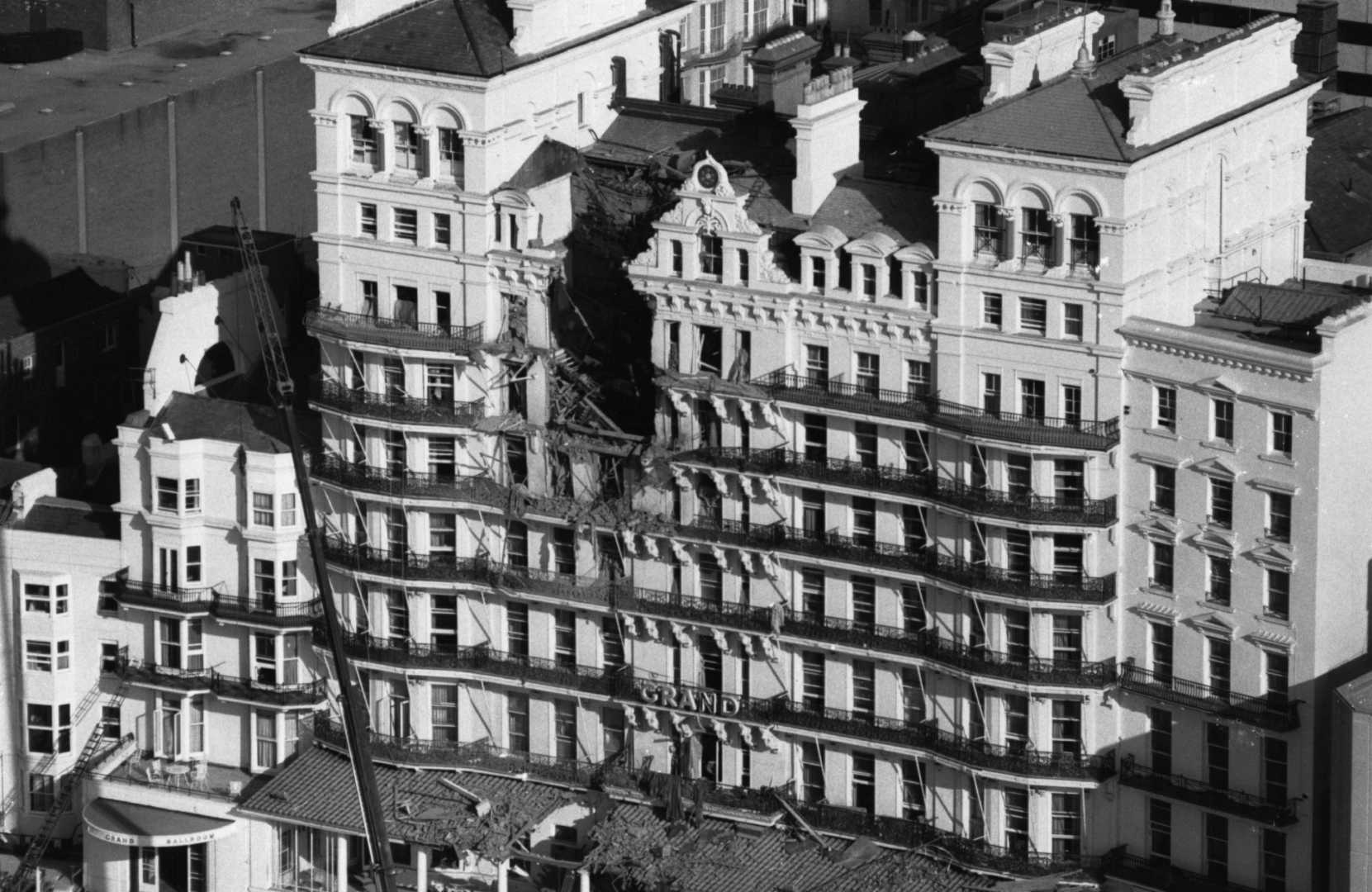Entertainment
Documentary Revisits the 1984 Brighton Bombing and Its Aftermath

A recent documentary titled “Bombing Brighton: The Plot to Kill Thatcher” revisits the 1984 Brighton bombing during the Conservative Party conference, a significant event orchestrated by the Irish Republican Army (IRA). The film offers a detailed examination of the circumstances leading to the attack, its immediate aftermath, and the complex motivations behind it. Primarily, the documentary serves as a study of the intended target, then British Prime Minister Margaret Thatcher, and her perceived misunderstanding of the issues that contributed to such extremism.
The narrative weaves through the history leading to the bombing, starting from 1972 with events like Bloody Sunday, highlighting how individuals like Patrick Magee, the Brighton bomber, were radicalized. “We knew who our enemy was,” Magee reflects, describing his experiences with the British army during a contentious period known as the Troubles. This backdrop provides a context for Magee’s escalating involvement with the Provisional IRA, where he rose to the rank of “engineer,” responsible for crafting explosive devices.
Despite the documentary’s focus on Magee, particularly his refusal to divulge operational specifics of the bombing, director Guy King presents a nuanced exploration of broader themes related to violence in asymmetric conflicts. The film discusses whether such acts can ever be justified and proposes methods to move past them.
Testimonies from individuals directly affected by the attack, including former Conservative Party Chairman John Gummer and Jo Berry, daughter of a bombing victim, further illuminate the event’s profound impact. Interestingly, Berry’s subsequent dialogue with Magee following his release under the Good Friday Agreement in 1999 offers a poignant view into attempts at reconciliation.
The documentary also revisits Thatcher’s political stance during crucial moments of her tenure, such as the 1981 hunger strike led by IRA member Bobby Sands. Her unwavering policies are scrutinized, with critics questioning whether her firm approach forced terrorist organizations to reconsider their methods or whether it impeded necessary political dialogue.
Guy King’s thoughtful documentary encourages reflection on the lasting consequences of the 1984 Brighton bombing and opens a broader conversation about historical grievances and the path forward. Through powerful witness accounts and compelling archival footage, “Bombing Brighton” challenges viewers to reconsider simplistic narratives and understand the complex interplay of political ideologies and personal convictions of the era.












